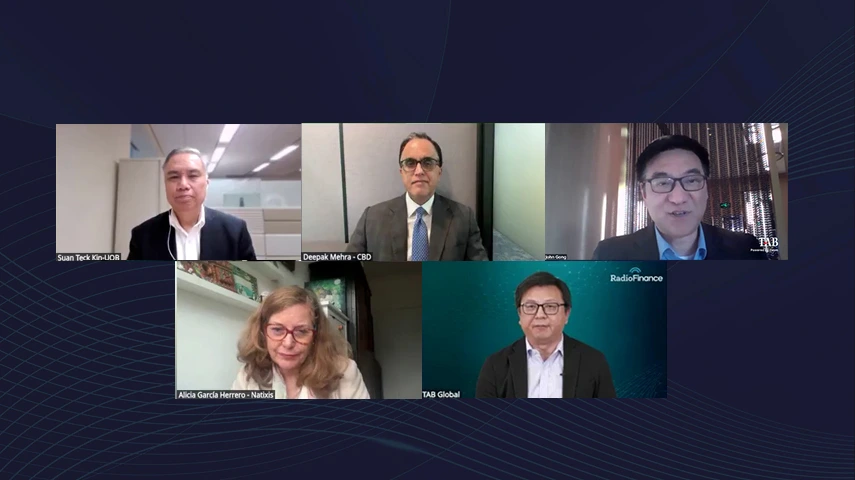
Card issuance in Asia Pacific is entering a decisive phase. Wallets, real-time payment schemes and alternative rails are expanding quickly, yet cards continue to play a central role in everyday spending, lending and business flows. The shift is not away from cards, but towards new models of how they are issued, activated, embedded and monetised. The question financial institutions now face is not whether cards still matter, but how to redesign issuing so it remains relevant in a digital, platform-based financial system.
Financial institutions across the region are rebuilding their issuing capabilities as customers expect instant activation, tokenised credentials, in-app controls and seamless usage across physical and virtual channels. At the same time, issuers are under pressure to modernise legacy stacks, support embedded-finance partnerships and maintain brand ownership when cards live inside super-apps and third-party ecosystems. The business case is no longer driven by interchange alone. It is shaped by data, lifecycle orchestration, time to first use and the ability to support both consumer and commercial payment needs.
Programmable issuance is emerging as the next competitive frontier. API-first and cloud-based architectures allow banks to launch new products faster, customise credentials by segment, integrate with wallet providers and open issuing to partners without compromising security or compliance. Those who treat issuing as a static product risk margin compression. Those who evolve it into a modular platform have the opportunity to unlock new revenue, deepen customer control and scale into embedded-finance models.
In this RadioFinance session, co-hosted by FIS, senior industry leaders will discuss why cards still matter in a wallet-first world, how issuing strategies are being rebuilt for programmable and ecosystem-driven distribution, and what banks must do — both technically and strategically — to position card issuance as a growth engine in 2026 and beyond.
Key Discussion Points:

MD, Head Products (Credit Cards and Personal Loans) Payment,
Wealth and Retail Banking,
Standard Chartered

Head, Credit Cards & Personal Loan Products
Alliance Bank Malaysia

VP, International Banking and Payments,
FIS

Head, Commercial & Money Movement Solutions (CMS)
Visa Direct

President and Managing Editor,
TAB Global
Powered by:

Co-hosted by:


For more than 60 years, Visa has pioneered money movement.
Visa Direct is revolutionizing this by making money movement easier, faster, and better value, through a single-entry point providing access to additional platforms and capabilities, delivering integrated experiences to help shape the future of money movement
View More
Customers in Malaysia increasingly expect international payments to be as seamless as local transfers. At a closed-door roundtable convened by TAB Global with Visa, participants examined how banks are adapting to these expectations while…

The Japan Banking Innovation Conference 2025, held at The Westin Tokyo, convened over a hundred senior banking executives, fintech leaders, policymakers and technology pioneers to discuss the fundamental shifts redefining financial services.

As the global banking industry braces for a challenging 2025, it faces economic headwinds, geopolitical tensions, trade realignments, and the push for sustainability and technological innovation

The AWS Financial Services Symposium Singapore 2024 showcased how AI, data, and cloud technologies are revolutionising financial services. Industry leaders from AWS and HSBC shared insights into advancing innovation, regulatory responsibility…

By continuing to browse this website, you agree to our privacy policy.